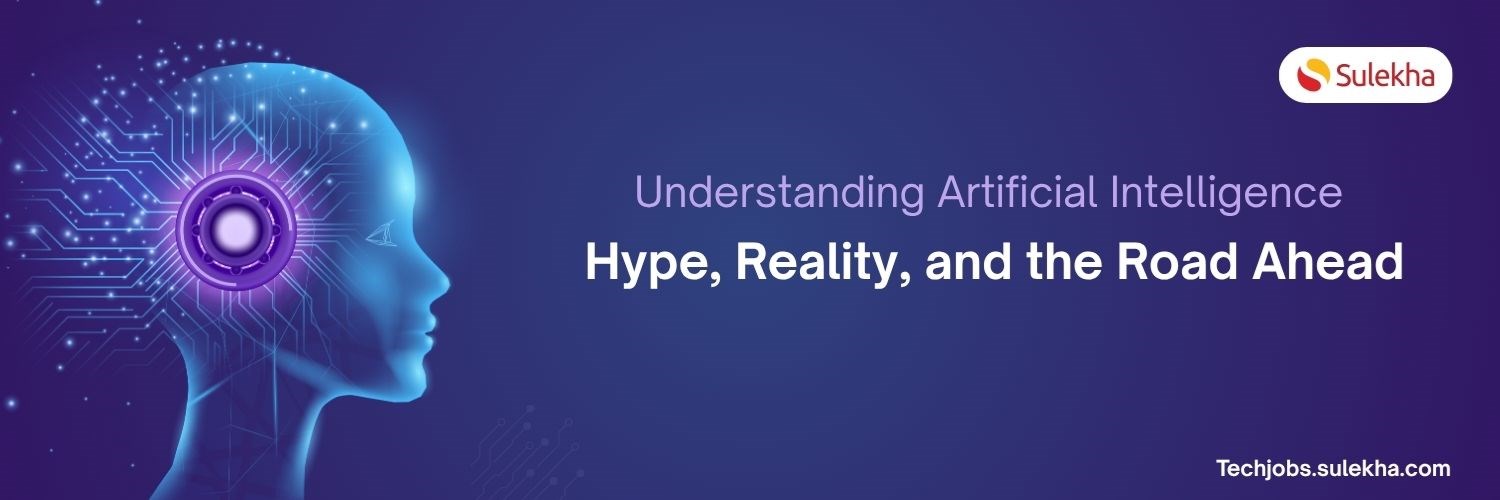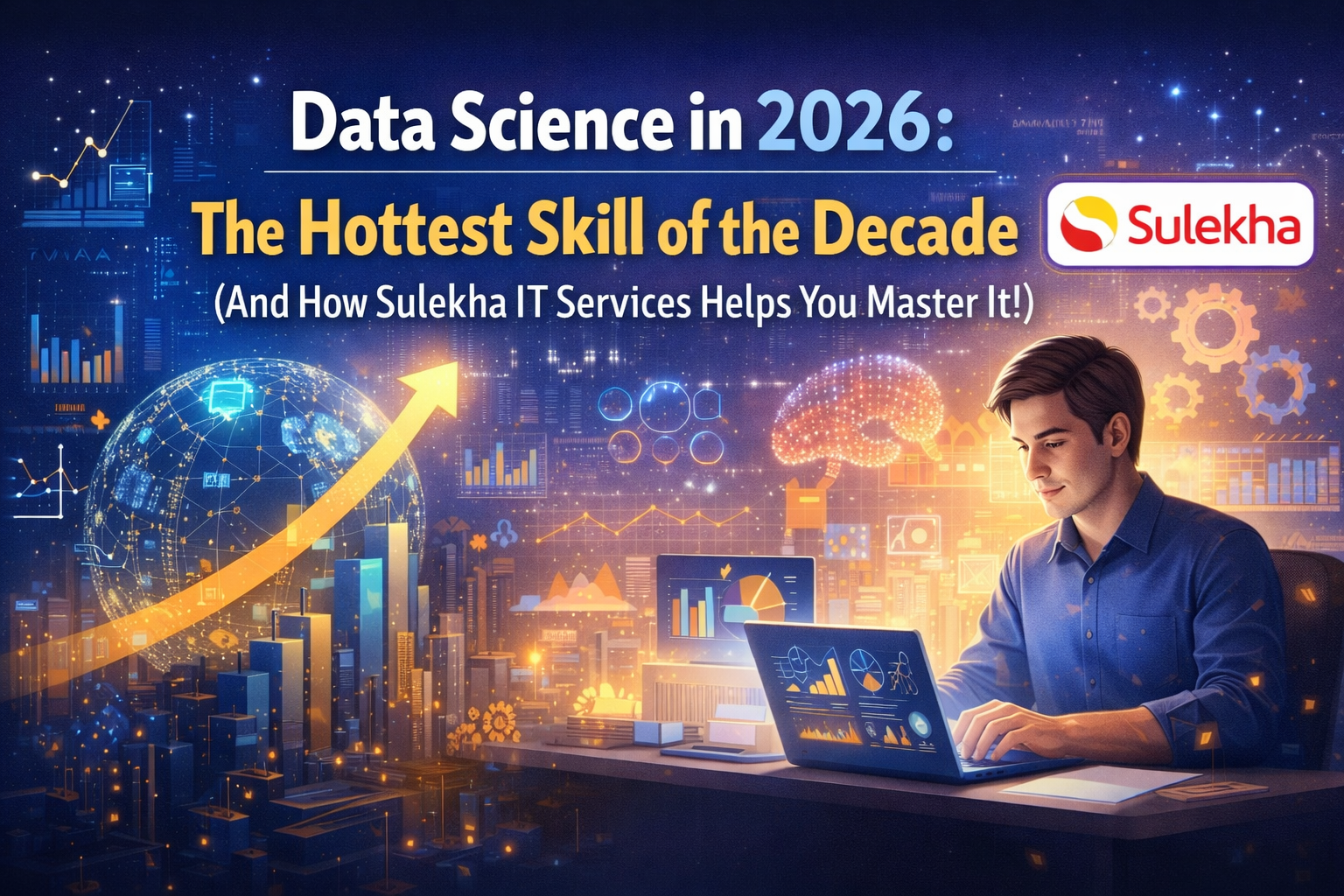Understanding Artificial Intelligence: Hype, Reality, and the Road Ahead

Understanding Artificial Intelligence: Hype, Reality, and the Road Ahead
Artificial Intelligence (AI) has rapidly transformed from a futuristic concept into a powerful force shaping everyday life — from how we search online to how businesses operate. But despite its promise, AI also raises important questions and concerns. Let’s dive into what artificial intelligence really is, how it works, and the debates surrounding its impact on our world.
What Artificial Intelligence Is
At its core, artificial intelligence refers to the ability of machines or computer systems to perform tasks that typically require human intelligence. These include learning, problem-solving, decision-making, speech recognition, and even understanding emotions.
There are two primary types of AI:
Narrow AI: Designed for a specific task (e.g., facial recognition, voice assistants like Siri).
General AI: A theoretical form of AI that could perform any intellectual task a human can — this doesn't exist yet but is a topic of intense research.
AI is already embedded in tools we use daily — such as recommendation systems on Netflix, predictive text on your phone, and fraud detection in banking.
How Artificial Intelligence Works
Wondering how artificial intelligence works? At a high level, AI works by collecting large volumes of data, identifying patterns, and making predictions based on algorithms and models. Here's a simplified breakdown:
1. Data Collection: Machines gather structured or unstructured data (text, images, numbers, etc.).
2. Machine Learning: AI systems use algorithms to "learn" from data, refining their performance over time.
3. Neural Networks: Inspired by the human brain, deep learning uses layered neural networks to recognize complex patterns (like human faces or spoken language).
4. Decision Making: Based on learned data, the AI makes predictions or decisions — such as recommending a product or diagnosing a medical condition.
AI continues to improve as it is trained on more data and refined through feedback loops.
Will Artificial Intelligence Take Over the World?
A question that often sparks both curiosity and fear is: Will artificial intelligence take over the world? The short answer: Not anytime soon. While AI is advancing quickly, it's still far from having the general reasoning abilities or emotional intelligence of humans. AI can outperform humans in specific tasks — like analyzing large datasets or playing chess — but it lacks consciousness and common sense.
However, experts do raise valid concerns about:
1. Job displacement in certain industries
2. Bias in AI algorithms
3. Ethical concerns about autonomous decision-making
4. Overdependence on machines
So, while AI isn't poised to take over the world, its influence on the workforce and daily life is undeniable and growing.
Why Artificial Intelligence Is Bad – The Critical View
Despite its benefits, there are concerns about why artificial intelligence is bad — or at least, why it can be problematic if not used responsibly. Key issues include:
· Loss of privacy: AI-powered surveillance and data tracking can invade personal privacy.
· Bias and discrimination: AI systems trained on biased data can perpetuate inequalities.
· Job automation: Routine jobs are increasingly being replaced by machines.
· Security risks: Misuse of AI in deepfakes, cyberattacks, or weaponization is a growing threat.
The solution? Ethical AI development, transparency, and human oversight. Governments, businesses, and researchers must work together to ensure that AI serves humanity — not harms it.
Conclusion
Artificial Intelligence is not magic — it’s a human-made technology built to improve decision-making, automate tasks, and create new possibilities. Understanding what artificial intelligence is, how it works, and recognizing both its benefits and risks helps us use it more wisely. While AI won’t take over the world, it will reshape industries, economies, and how we live. The key lies in responsible innovation, awareness, and thoughtful integration.
Want to stay ahead in the AI-driven world? Explore AI courses and career paths with Sulekha’s curated training programs to upgrade your skills today.
Take the next step towards your professional goals in Future Of Work With AI
Don't hesitate to talk with our course advisor right now
Receive a call
Contact NowMake a call
+1-732-338-7323Latest blogs on technology to explore

Drug Safety & Pharmacovigilance: Your 2026 Career Passport to a Booming Healthcare Industry!
Why This Course Is the Hottest Ticket for Science Grads & Healthcare Pros (No Lab Coat Required!)" The Exploding Demand for Drug Safety Experts "Did you know? The global pharmacovigilance market is set to hit $12.5B by 2026 (Grand View Research, 202

Launch Your Tech Career: Why Mastering AWS Foundation is Your Golden Ticket in 2026
There’s one skill that can open all those doors — Amazon Web Services (AWS) Foundation

Data Science in 2026: The Hottest Skill of the Decade (And How Sulekha IT Services Helps You Master It!)
Data Science: The Career that’s everywhere—and Nowhere Near Slowing Down "From Netflix recommendations to self-driving cars, data science is the secret sauce behind the tech you use every day. And here’s the kicker: The U.S. alone will have 11.5 mill

Salesforce Admin in 2026: The Career Goldmine You Didn’t Know You Needed (And How to Break In!)
The Salesforce Boom: Why Admins Are in Crazy Demand "Did you know? Salesforce is the 1 CRM platform worldwide, used by 150,000+ companies—including giants like Amazon, Coca-Cola, and Spotify (Salesforce, 2025). And here’s the kicker: Every single one

Python Power: Why 2026 Belongs to Coders Who Think in Python
If the past decade was about learning to code, the next one is about coding smarter. And in 2026, the smartest move for any IT enthusiast is learning Python — the language that powers AI models, automates the web, and drives data decisions across ind

The Tableau Revolution of 2025
"In a world drowning in data, companies aren’t just looking for analysts—they’re hunting for storytellers who can turn numbers into decisions. Enter Tableau, the #1 data visualization tool used by 86% of Fortune 500 companies (Tableau, 2024). Whether

From Student to AI Pro: What Does Prompt Engineering Entail and How Do You Start?
Explore the growing field of prompt engineering, a vital skill for AI enthusiasts. Learn how to craft optimized prompts for tools like ChatGPT and Gemini, and discover the career opportunities and skills needed to succeed in this fast-evolving indust

How Security Classification Guides Strengthen Data Protection in Modern Cybersecurity
A Security Classification Guide (SCG) defines data protection standards, ensuring sensitive information is handled securely across all levels. By outlining confidentiality, access controls, and declassification procedures, SCGs strengthen cybersecuri

Artificial Intelligence – A Growing Field of Study for Modern Learners
Artificial Intelligence is becoming a top study choice due to high job demand and future scope. This blog explains key subjects, career opportunities, and a simple AI study roadmap to help beginners start learning and build a strong career in the AI

Java in 2026: Why This ‘Old’ Language Is Still Your Golden Ticket to a Tech Career (And Where to Learn It!
Think Java is old news? Think again! 90% of Fortune 500 companies (yes, including Google, Amazon, and Netflix) run on Java (Oracle, 2025). From Android apps to banking systems, Java is the backbone of tech—and Sulekha IT Services is your fast track t